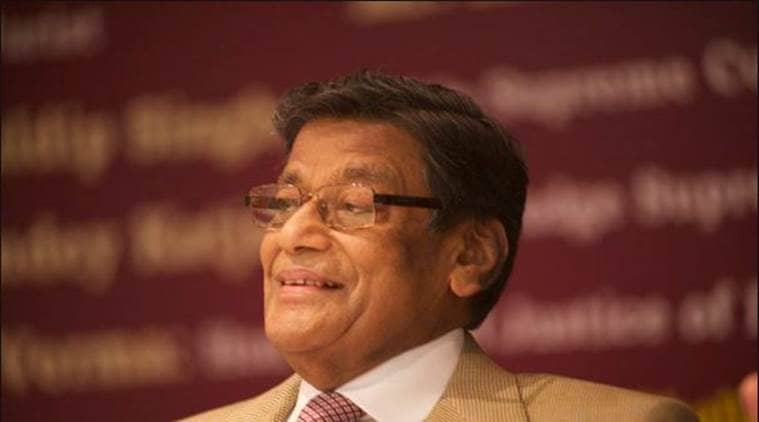
Making public reasons for the Supreme Court Collegium not elevating a judge may likely affect the personal reputation of the judge involved and the independence of the judiciary, Attorney General K K Venugopal told the Supreme Court on Wednesday.
The A-G was appearing for the Supreme Court’s Central Public Information Officer (CPIO) in an appeal against the January 2010 ruling of the Delhi High Court that the apex court and Chief Justice of India are “public authorities” under the Right to Information Act, 2005.
The Supreme Court is also seized of the question whether communication between Collegium and government in the form of file notings can be disclosed.
Venugopal told the Constitution bench of Chief Justice of India Ranjan Gogoi and Justices N V Ramana, Deepak Gupta and Sanjiv Khanna that the Collegium would definitely have reasons for rejecting a name but “making the reasons public would open a Pandora’s box”.
“Whatever your Lordships may say, it will hurt the person whose name is rejected…His self-respect is impacted. He stands humiliated, his family stands ostracised. Worst of all, his independence is affected,” Venugopal pointed out. He added, “Will that person be able to continue thereafter? His entire tenure as a judge is ruined…The public lose confidence in him.”
Such information, the A-G argued, “has to be totally confidential” and said that “otherwise your Lordships will not be able to function independently”.
“Disclosing what reasons for rejection will be high against public interest… Reasons why they were overlooked is private information which will have no effect on public interest… Disclosing them will be highly incompatible with public interest, with the institution and the independence of judiciary,” he said.
Pointing out that the information sought for concerns a third person, the A-G said it could be disclosed if that third person wants it.
“What if the information sought was relied upon to make the appointment,” asked the CJI.
Venugopal replied that it will depend on the nature of the office and other conditions like whether there was overwhelming public interest.
“What about disclosing assets of judges,” CJI Gogoi asked.
It was personal information but it was up to the court to decide if larger public interest necessitated disclosing it, the A-G pointed out.